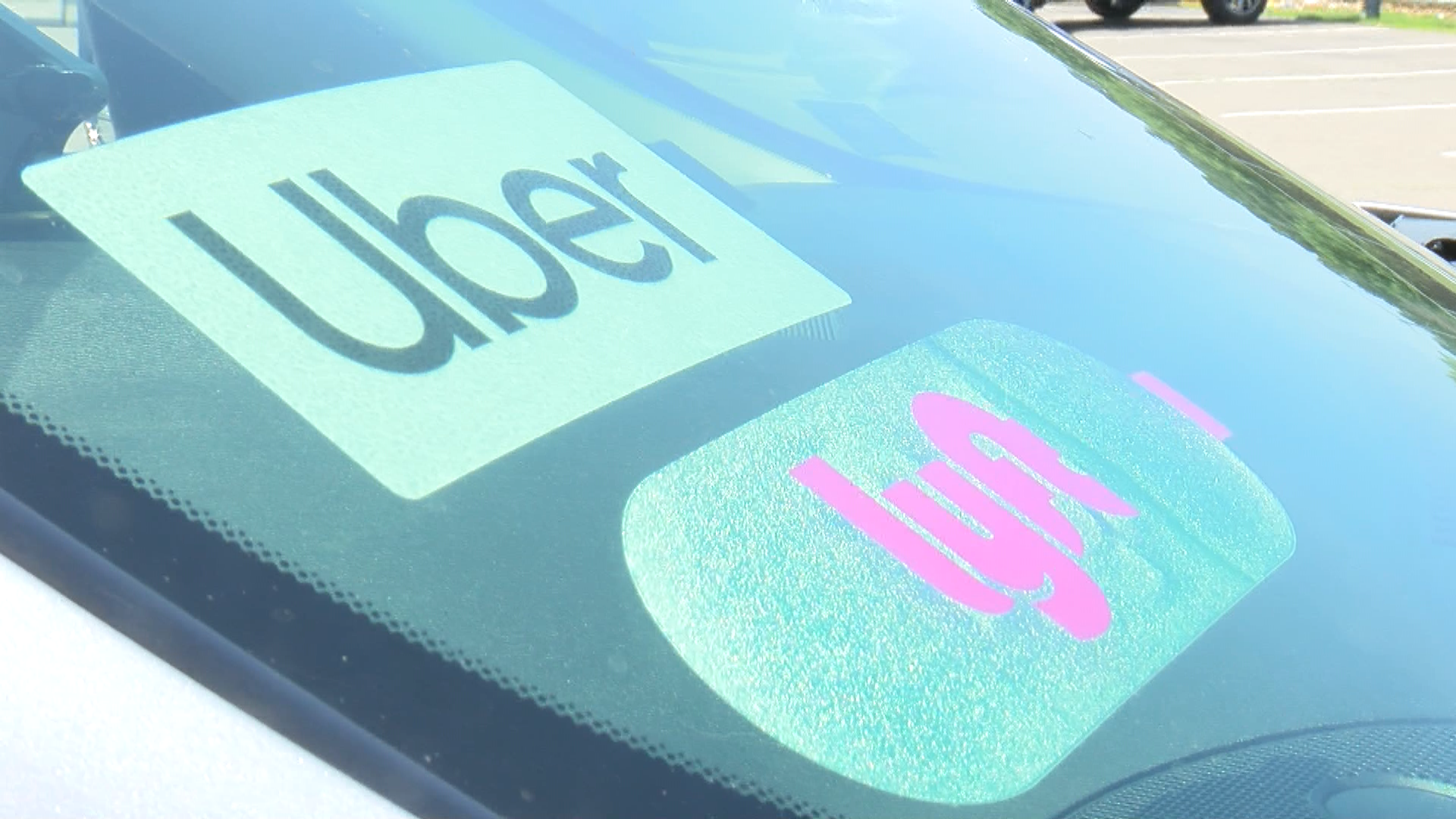Ridesharing has revolutionized the way people commute, offering convenience and flexibility to both passengers and drivers. However, one aspect that often gets overlooked is auto insurance. As an Uber or Lyft driver, it’s crucial to understand the ins and outs of insurance coverage to ensure you’re adequately protected in the event of an accident or mishap.
Understanding the Coverage Gap
When you’re driving for a rideshare company, there’s a gray area between personal auto insurance and commercial insurance. Personal auto insurance typically doesn’t cover commercial activities like ridesharing, leaving drivers vulnerable to gaps in coverage.
Importance of Commercial Auto Insurance
To bridge this gap, rideshare drivers need commercial auto insurance. This type of insurance is specifically designed to cover business-related activities, including driving passengers for hire. Without it, you could be left personally liable for damages in the event of an accident.
Types of Coverage Needed for Rideshare Drivers
Rideshare drivers require several types of coverage to stay fully protected:
Liability coverage
This covers damages to other people’s property or injuries they sustain in an accident that you’re at fault for.
Collision coverage
This pays for repairs to your vehicle if it’s damaged in a collision with another vehicle or object.
Comprehensive coverage
This covers damages to your vehicle that aren’t caused by a collision, such as theft, vandalism, or natural disasters.
Uninsured/Underinsured motorist coverage
This protects you if you’re involved in an accident with a driver who doesn’t have insurance or doesn’t have enough insurance to cover your damages.
Insurance Options Offered by Uber and Lyft
Both Uber and Lyft provide insurance coverage for their drivers, but it’s important to understand the limitations of these policies. While they offer liability coverage and some contingent collision and comprehensive coverage, they may not provide adequate protection in all situations.
The Cost Factor: How Much Does Rideshare Insurance Cost?
The cost of rideshare insurance varies depending on several factors, including your driving history, location, and the type of vehicle you drive. Generally, rideshare insurance tends to be more expensive than personal auto insurance but is essential for ensuring you’re fully covered while driving for a rideshare company.
Factors Influencing Insurance Premiums
Insurance premiums for rideshare drivers are influenced by various factors, including your driving history, location, and the type of vehicle you drive. Maintaining a clean driving record and choosing a vehicle with a good safety rating can help keep your premiums down.
How to Shop for Rideshare Insurance
When shopping for rideshare insurance, it’s essential to compare quotes from multiple providers to find the best coverage at an affordable rate. Look for insurers that specialize in rideshare coverage and offer policies tailored to your needs.
Importance of Disclosing Rideshare Driving to Insurance Providers
It’s crucial to disclose your rideshare activities to your insurance provider to avoid potential coverage gaps and policy cancellations. Failing to do so could invalidate your coverage and leave you financially exposed in the event of an accident.
Steps to Take After an Accident as a Rideshare Driver
If you’re involved in an accident while driving for a rideshare company, there are specific steps you should take to protect yourself and your passengers. This includes notifying the rideshare company and your insurance provider, documenting the incident, and seeking medical attention if necessary.
Understanding Periods of Coverage
Rideshare insurance coverage varies depending on the stage of the rideshare process. It’s essential to understand when different types of insurance apply, including during periods of waiting for a ride request, en route to pick up a passenger, and while transporting passengers.
Common Misconceptions About Rideshare Insurance
There are several myths and misconceptions surrounding rideshare insurance. It’s essential to separate fact from fiction to ensure you have accurate information about your coverage options.
The Future of Rideshare Insurance
As the ridesharing industry continues to evolve, so too will insurance options for rideshare drivers. Stay informed about changes and developments in insurance offerings to ensure you’re always adequately protected on the road.
Tips for Maintaining a Good Driving Record
Maintaining a clean driving record is essential for keeping your insurance costs down. Practice safe driving habits, obey traffic laws, and avoid distractions behind the wheel to reduce the risk of accidents and violations.
Conclusion
Navigating the world of auto insurance as a rideshare driver can be complex, but it’s essential to prioritize your coverage to stay protected on the road. By understanding the types of coverage you need, shopping around for the best insurance options, and maintaining a good driving record, you can ensure you’re adequately covered while driving for Uber or Lyft.
FAQs
- Does Uber or Lyft provide enough insurance coverage for their drivers?
- While Uber and Lyft offer insurance coverage for their drivers, it may not always be sufficient, especially in certain situations. It’s essential for rideshare drivers to consider supplemental insurance options to ensure they’re fully protected.
- What happens if I don’t disclose my rideshare activities to my insurance provider?
- Failing to disclose your rideshare activities to your insurance provider could result in coverage gaps or policy cancellations. It’s essential to be transparent with your insurer to avoid any potential issues down the line.
- How can I find affordable rideshare insurance?
- To find affordable rideshare insurance, compare quotes from multiple providers, consider bundling policies, and inquire about discounts for safe driving or vehicle safety features.
- What should I do if I’m involved in an accident while driving for Uber or Lyft?
- If you’re involved in an accident while driving for Uber or Lyft, prioritize the safety of yourself and your passengers. Notify the rideshare company and your insurance provider, document the incident, and seek medical attention if necessary.
- Are there any additional steps I can take to protect myself as a rideshare driver?
- In addition to having adequate insurance coverage, rideshare drivers can protect themselves by practicing safe driving habits, keeping their vehicle well-maintained, and staying informed about changes in insurance regulations and offerings.
